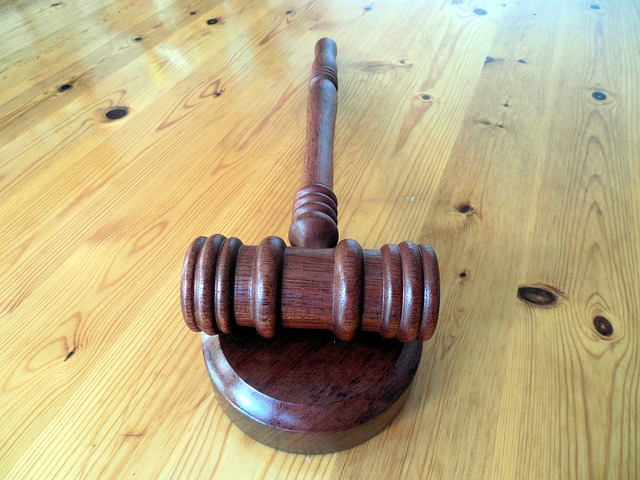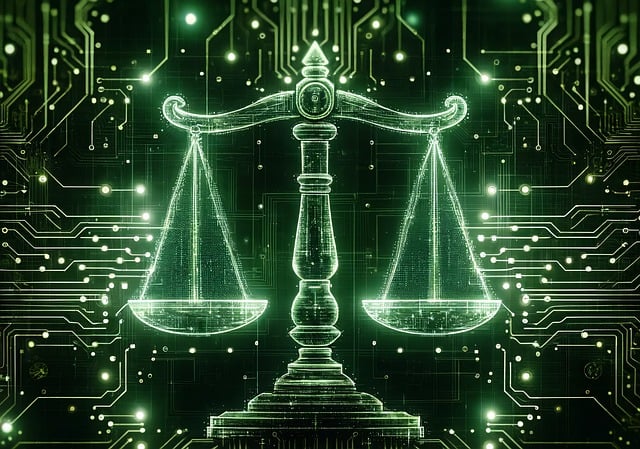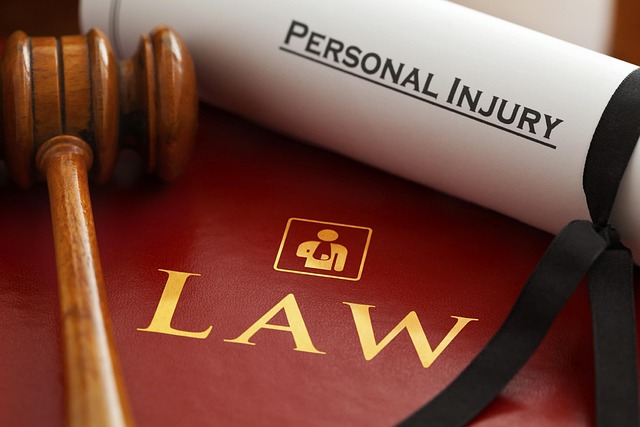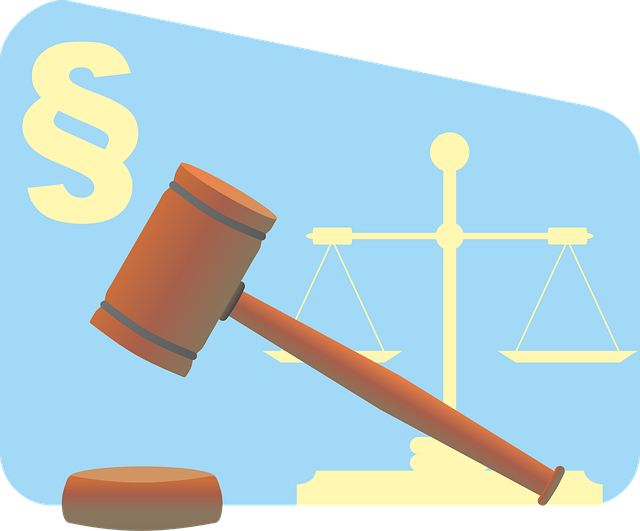Litigation risk management is a strategic approach to minimize legal risks, especially in complex areas like environmental compliance disputes. Expert lawyers specializing in white-collar defense and environmental law play a crucial role by offering specialized knowledge to prevent non-compliance issues, reduce litigation exposure, and achieve swift dispute resolution. These professionals assist organizations in implementing robust risk assessment frameworks, identifying vulnerabilities, and developing effective strategies. By leveraging their deep understanding of regulations, they guide clients through potential liabilities, including environmental damage assessments and regulatory penalties, ultimately aiming to protect businesses from financial and reputational harm. Proactive measures like internal controls, policy crafting, regular audits, and employee training are essential in mitigating litigation risks associated with environmental compliance disputes.
In an era where legal complexities and environmental regulations are ever-evolving, effective litigation risk management is paramount for businesses. This comprehensive guide explores the intricate world of managing risks associated with environmental compliance disputes. We delve into the significance of understanding these risks, highlighting the pivotal role played by expert lawyers in navigating such complex landscapes. Through identifying potential vulnerabilities and implementing strategic mitigations, organizations can fortify themselves against litigation challenges, ensuring sustainable success.
- Understanding Litigation Risk Management: A Comprehensive Overview
- The Role of Expert Lawyers in Environmental Compliance Disputes
- Identifying Potential Risks and Vulnerabilities in Legal Cases
- Strategies for Mitigating Litigation Exposure: Practical Steps
- Case Studies: Successful Litigation Risk Management in Environmental Law
Understanding Litigation Risk Management: A Comprehensive Overview

Litigation Risk Management involves a strategic approach to mitigate potential legal risks that businesses face, particularly in complex areas such as environmental compliance disputes. It’s about more than just avoiding lawsuits; it’s a proactive measure to protect both corporate and individual clients from significant financial and reputational damage. Expert lawyers specializing in white-collar defense play a pivotal role here, offering guidance tailored to the unique challenges of each case. They help organizations establish robust risk assessment frameworks, identify vulnerable areas, and develop strategies to fortify defenses.
This comprehensive overview ensures that businesses across the country can navigate legal complexities with confidence. By implementing effective litigation risk management techniques, corporate entities and individual stakeholders alike can minimize exposure to lawsuits, enhance their ability to resolve disputes swiftly, and maintain compliance with evolving regulations. A proactive stance towards legal risks is a key differentiator in today’s competitive business landscape.
The Role of Expert Lawyers in Environmental Compliance Disputes

In Environmental Compliance Disputes, Expert Lawyers play a pivotal role, acting as guiding stars in navigating complex legal landscapes. Their profound knowledge and experience in environmental laws are instrumental in helping businesses and organizations steer clear of litigation risks. These lawyers possess a keen understanding of regulatory frameworks, enabling them to advise clients on preventing non-compliance issues before they escalate. By employing strategic legal tactics, expert lawyers can assist in crafting effective policies and procedures, thereby reducing the likelihood of costly disputes.
Moreover, when high-stakes cases arise, these attorneys prove their true value. With an unprecedented track record of winning challenging defense verdicts, their expertise is sought after to manage intricate environmental compliance matters. Their ability to interpret regulations, gather compelling evidence, and construct robust legal arguments has led to successful outcomes in numerous cases, ensuring businesses remain shielded from significant financial and reputational damages.
Identifying Potential Risks and Vulnerabilities in Legal Cases

Identifying potential risks and vulnerabilities in legal cases is a critical step in effective litigation risk management. Expert lawyers in environmental compliance disputes play a pivotal role here, leveraging their specialized knowledge to anticipate challenges unique to these complex matters. They scrutinize every aspect of the case, from regulatory interpretations to historical precedents, to uncover hidden threats that could impact the outcome. By doing so, they enable clients to make informed strategic decisions and develop robust risk mitigation strategies.
Moreover, these legal experts help in navigating the intricate web of potential liabilities, including environmental damage assessments, regulatory penalties, and reputational risks. Through meticulous case analysis and trend identification, they identify patterns that could lead to an unprecedented track record of achieving extraordinary results for their clients—all while focusing on avoiding indictment and ensuring the best possible outcomes.
Strategies for Mitigating Litigation Exposure: Practical Steps

Mitigating litigation exposure requires a strategic approach tailored to each respective business. One crucial step is implementing robust internal controls and procedures that align with best practices in environmental compliance, thus reducing the likelihood of disputes. Engaging expert lawyers specializing in environmental law can provide invaluable guidance on these matters. They can assist in crafting policies and training employees to avoid regulatory pitfalls, ensuring that businesses stay compliant and minimize legal exposure.
Additionally, regular audits and reviews of operational procedures can help identify potential risks early on. These proactive measures are essential in high-stakes cases, where jury trials can be costly and damaging to a company’s reputation. By addressing issues proactively, businesses can demonstrate their commitment to ethical conduct and reduce the chances of litigation altogether.
Case Studies: Successful Litigation Risk Management in Environmental Law

Successful litigation risk management in environmental law often hinges on robust strategies developed by expert lawyers specializing in white-collar and economic crimes. These professionals play a pivotal role in navigating complex legal landscapes, where businesses face disputes related to environmental compliance. By leveraging their extensive knowledge of regulations and regulatory bodies, they guide clients through preventive measures, ensuring adherence to laws and reducing the likelihood of costly litigation.
Case studies illustrate that proactive approaches, such as conducting thorough risk assessments and implementing robust internal controls, can significantly mitigate potential liabilities. For instance, when confronted with allegations of non-compliance, expert lawyers employ strategies tailored to each client’s unique situation. This may involve negotiating settlements, crafting compelling legal defenses, or representing clients in court while emphasizing their commitment to environmental stewardship and regulatory compliance. Such measures not only protect businesses from financial losses but also preserve their reputation, fostering trust among stakeholders.
Litigation risk management is an indispensable practice for navigating complex environmental compliance disputes. By understanding potential risks, leveraging expert lawyers specializing in these matters, and implementing strategic mitigation steps, organizations can effectively protect themselves from costly legal exposures. The case studies presented highlight successful applications of these principles, demonstrating the tangible benefits of proactive litigation risk management within environmental law. This comprehensive approach ensures that businesses remain compliant, resilient, and prepared to face legal challenges head-on.






